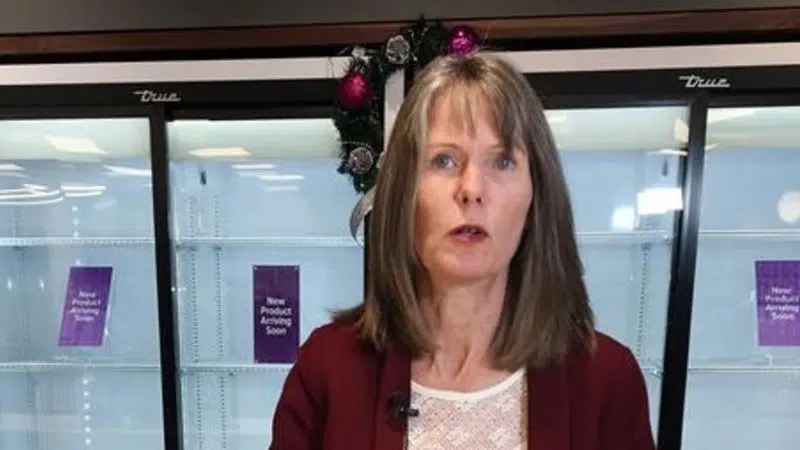
Brisk early sales of weed edibles at Nova Scotia Liquor Corp. outlet
HALIFAX — Stocking stuffers with a kick moved briskly off the shelves at Nova Scotia’s government-operated cannabis shops and at other Canadian vendors that managed to bring in a supply during the leadup to Christmas.
In showing off the early offerings of various “edibles” at a Nova Scotia Liquor Corporation outlet on Christmas Eve, spokeswoman Bev Ware noted quite a few cupboards were already bare.
“Judging by conversations I heard in the lineups on Monday, it seems people are buying them as stocking stuffers and some for their own enjoyment on Christmas Eve,” she said.
Ware said lineups of customers filled the store on Monday, and all of the chocolate, mint and chewable types of marijuana products were sold out by day’s end.


